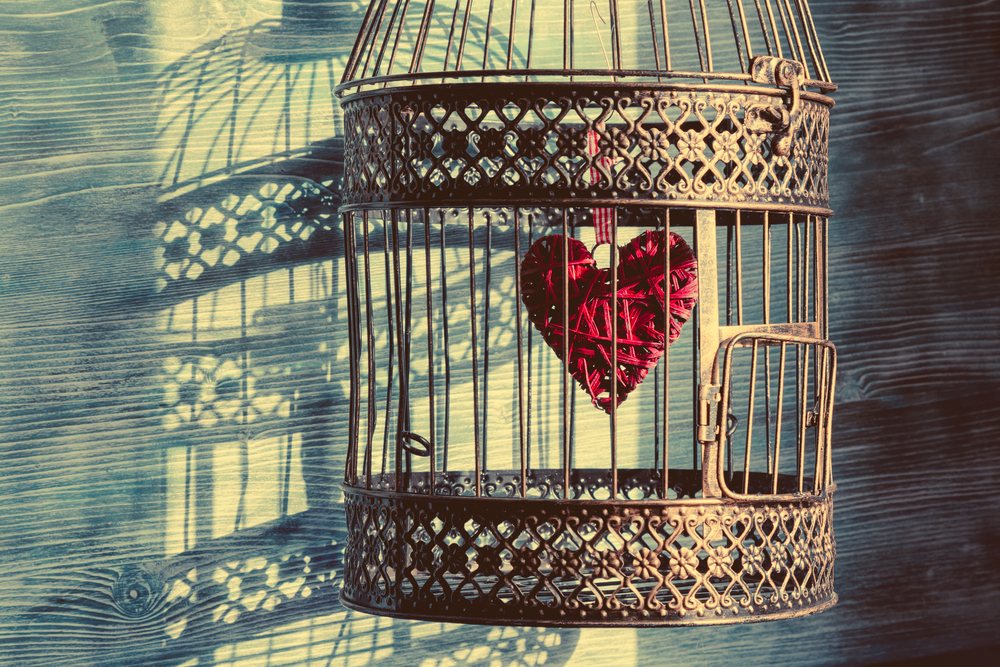The blind hero: finding hope in adversity
The blind hero: finding hope in adversity
The blind hero: finding hope in adversity
-
Hannah
-
Hannah

That is the experience of Umberto, the hero of my latest novel. Once, he could see – and he lived the high life: women, parties, champagne, worldwide acclaim for his musical talents. Now, following an awful car accident, he is sightless. All is dark for Umberto, literally and metaphorically.
Usually, I find it easy to write my romantic heroes – they flow onto the page, strong, charismatic, even suffering from a touch of machismo. Umberto was harder. He is in so much pain, and I felt that pain as I wrote scenes in which he can hear the waters of Lake Como by his home, but cannot see the beautiful vista; he can ride a horse and feel the power of the creature beneath him, feel the wind on his face, but see nothing of the beauty all around him. As I wrote, I could feel how devastating this was for him, how it had shaken him to the core and made him feel vulnerable, weak – angry. He was like the narrator of this poem, ‘Hope’, by Emily Brontë:
Hope Was but a timid friend;
She sat without the grated den,
Watching how my fate would tend,
Even as selfish-hearted men.
She was cruel in her fear;
Through the bars one dreary day,
I looked out to see her there,
And she turned her face away!
Like a false guard, false watch keeping,
Still, in strife, she whispered peace;
She would sing while I was weeping;
If I listened, she would cease.
False she was, and unrelenting;
When my last joys strewed the ground,
Even Sorrow saw, repenting,
Those sad relics scattered round;
Hope, whose whisper would have given
Balm to all my frenzied pain,
Stretched her wings, and soared to heaven,
Went, and ne’er returned again!
I wanted so much to cast a light on Umberto’s world… and I did, in the form of Catriona, the heroine. Catriona cannot cure Umberto’s blindness, but she wants very much to lead him back to his piano, to the music that was once his raison d’être (and without which, indeed, he seems to have no raison d’être). As a music therapist, Catriona has a wealth of knowledge and experience in how to heal through music. But before Umberto can be receptive to any of her teaching, a fundamental shift in him needs to occur.
Hope, who ‘stretched her wings, and soared to heaven’, must return. That may seem impossible for a man as lost and anguished as Umberto. But in fact, did hope ever leave at all?
Catriona must help Umberto to recognise that there is always hope – to live again, laugh again, compose again, love again – if only he will stop and listen: for the song of hope, ‘the thing with feathers/that perches in the soul’.
I will leave you with Emily Dickinson’s wonderful poem on hope, which was perhaps inspired by Brontë’s poem but has an altogether more uplifting sentiment – a light in the darkness.
‘Hope’ is the thing with feathers
‘Hope’ is the thing with feathers
That perches in the soul
And sings the tune without the words
And never stops at all
And sweetest in the Gale is heard
And sore must be the storm
That could abash the little Bird
That kept so many warm –
I’ve heard it in the chillest land –
And on the strangest Sea –
Yet never, in Extremity,
It asked a crumb – of Me.